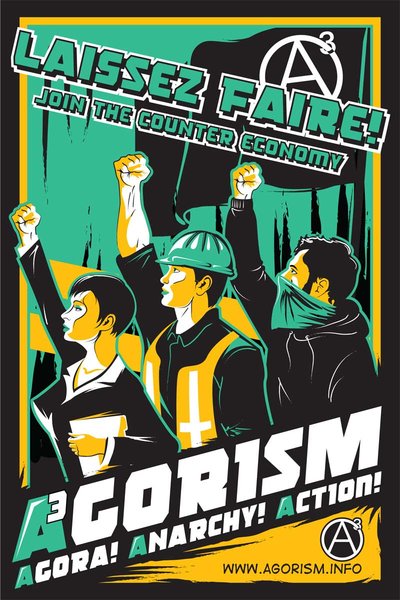When discussing anarchy it’s inevitable that somebody will make some snide comment about protecting the poor. In the eye’s of a statist the state protects the poor but in a stateless society the poor would go without protection because they would be unable to afford protection services. This argument is absurd though because it relies on the false premise that the state actually protects the poor, it doesn’t:
Doris Spates was a baby when her father died inexplicably in 1955. She has watched four siblings die of cancer, and she survived cervical cancer.
After learning that the Army conducted secret chemical testing in her impoverished St. Louis neighborhood at the height of the Cold War, she wonders if her own government is to blame.
In the mid-1950s, and again a decade later, the Army used motorized blowers atop a low-income housing high-rise, at schools and from the backs of station wagons to send a potentially dangerous compound into the already-hazy air in predominantly black areas of St. Louis.
Local officials were told at the time that the government was testing a smoke screen that could shield St. Louis from aerial observation in case the Russians attacked.
But in 1994, the government said the tests were part of a biological weapons program and St. Louis was chosen because it bore some resemblance to Russian cities that the U.S. might attack. The material being sprayed was zinc cadmium sulfide, a fine fluorescent powder.
Instead of protecting the poor the state inflicts harm on them. Many times throughout history the poor have been used a guinea pigs by states for many gruesome experiment. Let’s not forget the Tuskegee syphilis experiment:
The Public Health Service, working with the Tuskegee Institute, began the study in 1932. Investigators enrolled in the study a total of 600 impoverished, African-American sharecroppers from Macon County, Alabama; 400 who had previously contracted syphilis before the study began, and 200 without the disease. For participating in the study, the men were given free medical care, meals, and free burial insurance. They were never told they had syphilis, nor were they ever treated for it. According to the Centers for Disease Control, the men were told they were being treated for “bad blood,” a local term used to describe several illnesses, including syphilis, anemia and fatigue.
We should also remember when the United States government experimented on poor college students without their consent:
Project MKUltra, or MK-Ultra, was a covert, illegal[1] human research program into behavioral modification run by the Central Intelligence Agency’s (CIA) Office of Scientific Intelligence. The program began in the early 1950s, was officially sanctioned in 1953, was reduced in scope in 1964, further curtailed in 1967 and finally halted in 1973.[2] The program used unwitting U.S. and Canadian citizens as its test subjects, which led to controversy regarding its legitimacy.[3][4][5][6] MKUltra involved the use of many methodologies to manipulate people’s individual mental states and alter brain functions, including the surreptitious administration of drugs (especially LSD) and other chemicals, hypnosis, sensory deprivation, isolation, verbal and sexual abuse, as well as various forms of torture.[7]
These are just a tiny handful of examples. To claim that the state protects the poor is absurd. In fact the poor are the favored prey of the state. If you want to protect the poor you should detest the state.

